Medical Surgical Nursing
Medical Surgical Nursing

Adult Health Nursing
Medical–Surgical Nursing is a specialized area of nursing that focuses on the care of adult patients who have medical conditions, surgical problems, or are recovering from surgery.
...

Hemophilia
Hemophilia(Royal Disease)
Hemophilia is a rare disorder in which your blood doesn't clot normally because it lacks suffi...
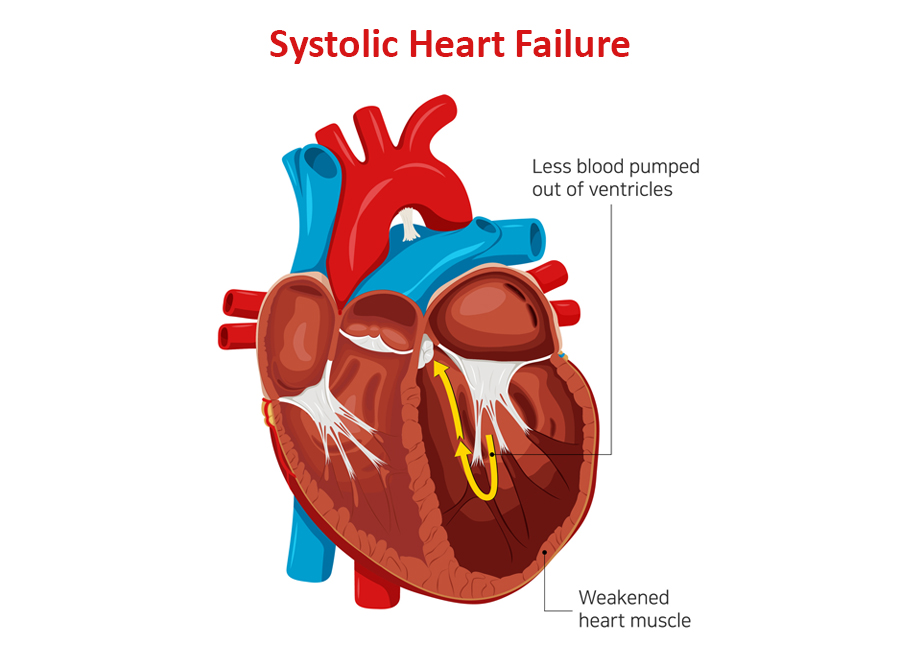
Heart Failure
Introduction
Heart failure (HF) is a common cardiovascular condition with increasing incidence and prevalence.
...

Heart Block
Definition -Heart block is an abnormal heart rhythm where the heart beats too slowly (bradycardia).
In this condition, the elec...

Non invasive & Invasive Cardiovascular procedure
Diagnostic Test For Cardiovascular System
Different types of diagnostic procedure information obtained from the history and physical...

Leukemia
The word Leukemia comes from the Greek leukos which means "white" and aima which means "blood".
Definition-
...

Aneurysms
Aneurysms
The word is from Greek:" aneurysma" mean, "a widening "a dilation", from , aneurynein, "to d...

MYOCARDIAL INFARCTION
Introduction The term myocardial infarction focuses on the myocardium and the changes that occur in it due to the sudden deprivation of circulating blood.MI commonly known as heart attack.
...

Raynauds Disease
Raynaud's Disease
Raynaud's is a rare disorder that affects the arteries.
Raynaud's is al...


Arteriosclerosis
Arteriosclerosis
From the Greek Arterio, meaning artery, and sclerosis, meaning hardeni...
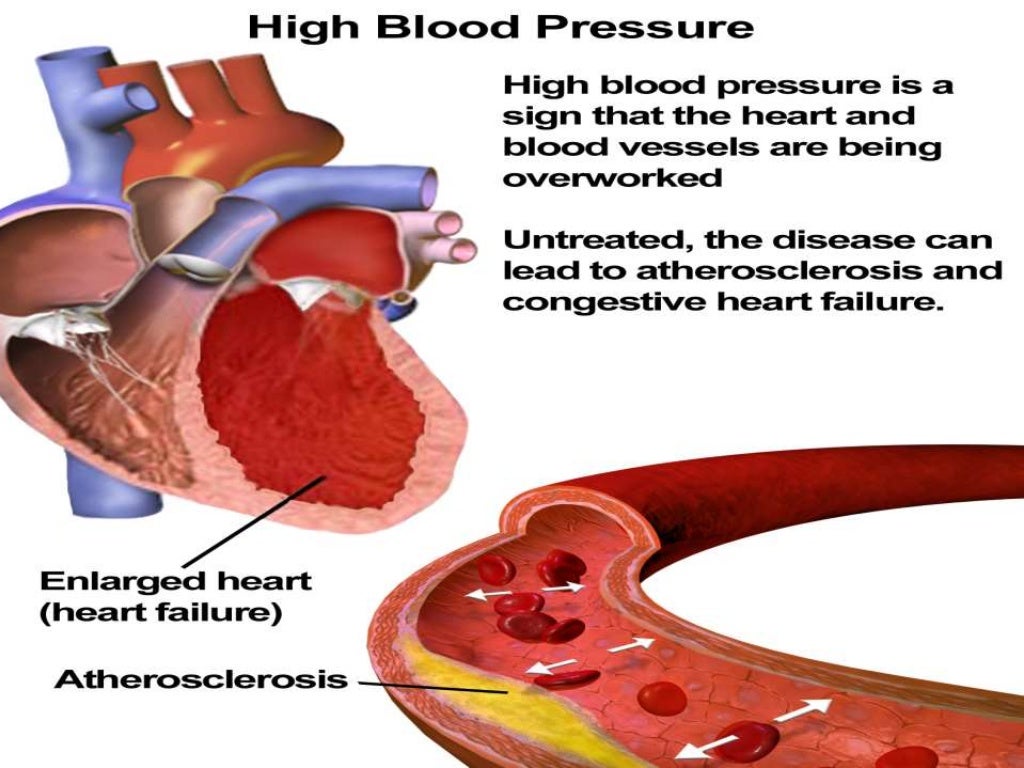
Hypertension
Blood pressure-Blood pressure is the force of blood pushing against the walls of your arteries. It's measured in millime...
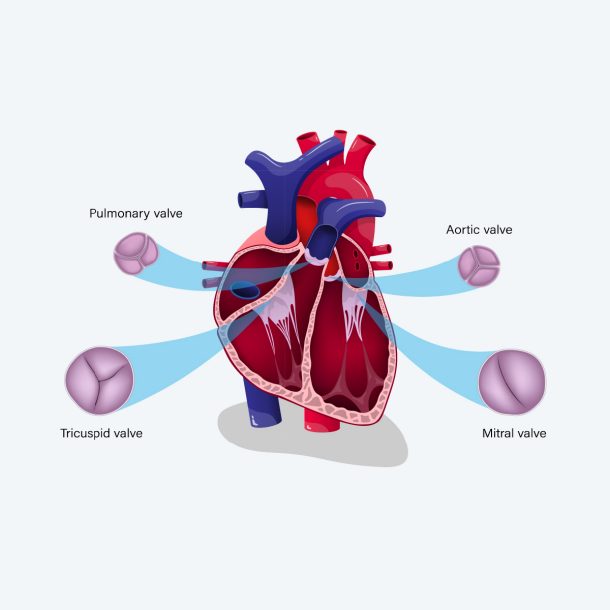
Valvular Heart Disorders
Introduction
The movement of blood through the heart is crucial for human life. But in addition to perfusion , blood mus...


Inflammation
Introduction
Inflammation
Inflammation is the physiological response to tissues damage or any...

Asepsis
Asepsis-
Asepsis is the state of being free from disease- causing contaminants (such as bacteria, viruses, fungi, and parasi...

Role and Responsibilities of nurse in medical surgical setting
Introduction
The primary role of nurse is to provide care. Medical surgical nurses provide direct care to adult patients in numerous settings.

Trends and issues in medical surgical Nursing
Introduction
The entire field of health care is changing day by day.
These changes occurs at rapid rate.


Cardiac Murmur
Cardiac Murmur-
Cardiac murmur is the abnormal or unusual heart sound. It is also called abnormal heart sound or cardiac bruit.
The "murmur" is the...

Angina Pectoris
Introduction
The heart requires a balance between oxygen supply and oxygen demand in order to function properly. Any disorder ...

Rheumatic Fever and Rheumatic Heart Diseases
Rheumatic Fever and Rheumatic Heart Diseases-
Rheumatic fever is an inflammatory disease of the heart potentially involving all layers of the heart. The resulting dama...

Coronary Artery Disease
Coronary Artery Disease-
Pathological condition of coronary Artery in which Narrowing and obstruction partially or completely due to excessive accumulation of fat and cholesterol resul...
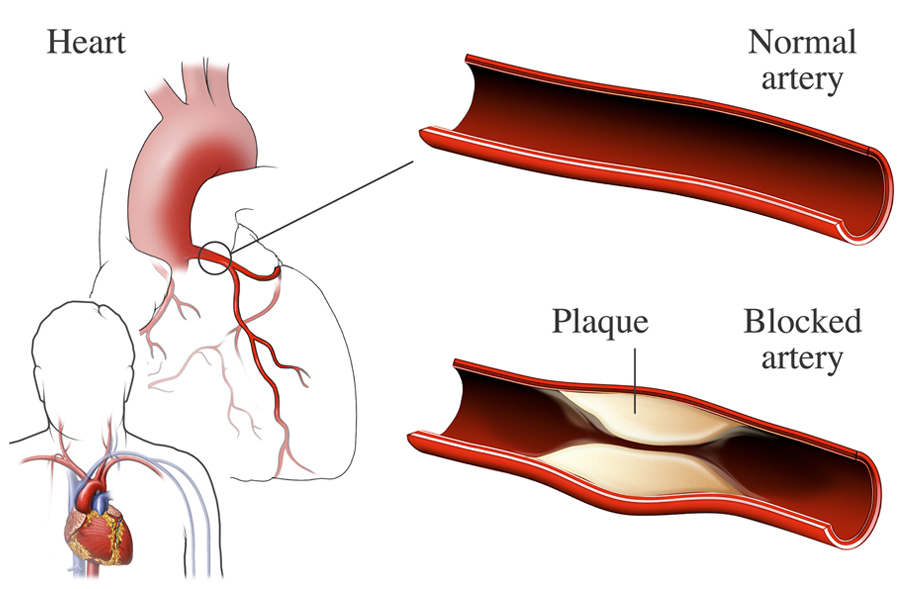
Cardiovascular System
Cardiovascular System-
Cardiology- Study of cardiac system is known as Cardiology.
Cardiovascular System consist-
Heart

Erythrocyte Sedimentation Rate
Erythrocyte Sedimentation Rate
✔️DEFINITION
Erythrocyte sedimentation rate (ESR)- Is the rate at which the erythrocytes settle down. Normal...
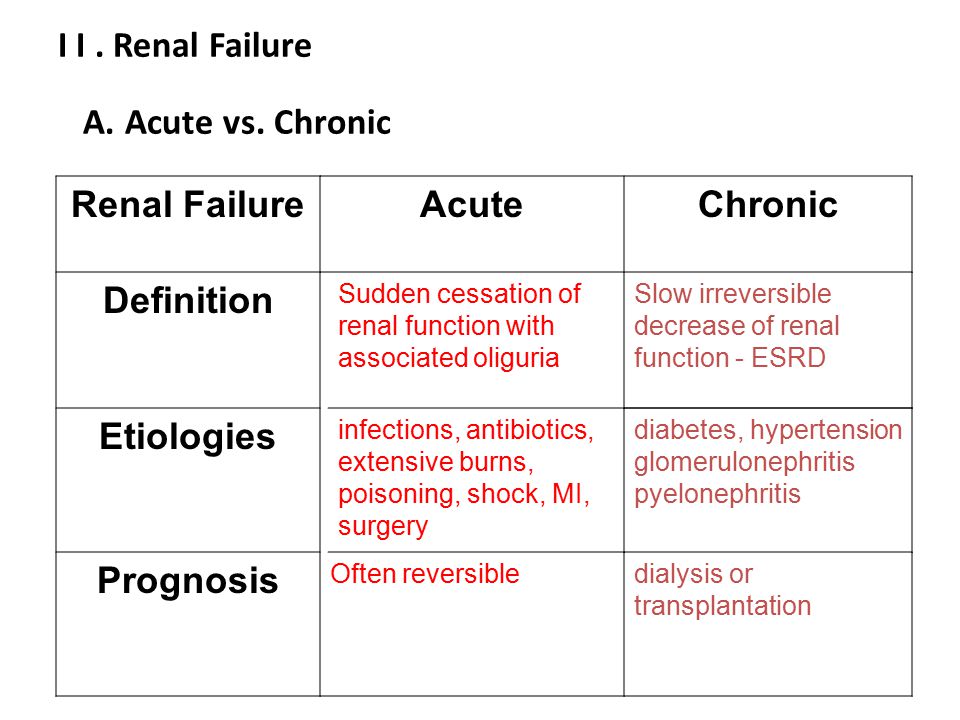
Acute Renal Failure (ARF)
Acute Renal Failure (ARF)-
Chronic kidney disease- develops slowly over months to years and necessitates the initiation of dialysis or transplan...

Errors of Refraction
Ametropia-
The eye with normal refractive power is called emmetropic eye and the condition is called emmetropia.
Ametropia is of two types: -

Hyperthermia- Fever
Fever-
Elevation of body temperature above the set point is called hyperthermia, fever or pyrexia.
Classification of Fever-
...

Dehydration
Dehydration-
Dehydration is defined as excessive loss of water from the body. The most active individuals need 2 to 3 L of water intake daily. Dehydration occurs when ...